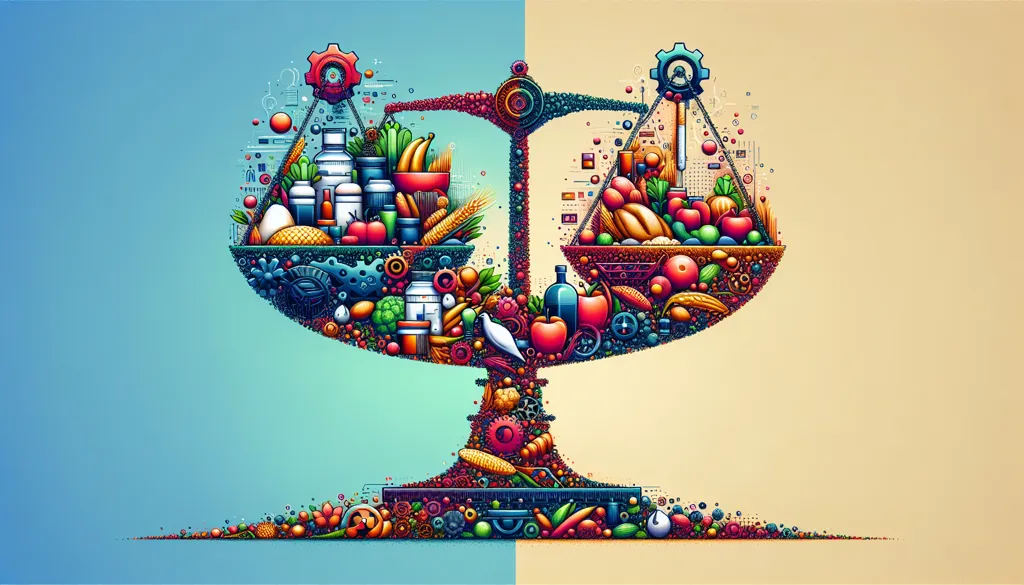Global Food Safety: A Balancing Act of Innovation and Regulation
Food safety is a universal concern that transcends borders, impacting public health, trade, and economies worldwide. Recent incidents and developments across different regions highlight the urgent need for comprehensive strategies to address food safety issues. From Africa's structural challenges to the rise of technology in Asia and tragic incidents in local markets, the global community is called to act decisively.
Food Security and Structural Transformation in Africa
The recent Kofi Annan Eminent Speakers' Lecture emphasized the importance of redefining development and globalization to address food security in Africa. The continent faces significant challenges, including poverty, inequality, and climate change, which exacerbate food insecurity. The call for a new, inclusive globalization "from below" suggests empowering local communities and smallholders to lead agricultural production.
With Africa's rapid population growth and young demographics, there is an opportunity to redefine food systems that are inclusive and sustainable. However, the continent also faces a debt crisis that hampers investment in health, education, and critical infrastructure. Debt relief and new economic models are crucial to unlocking Africa's potential and ensuring food security.
This approach contrasts with traditional modernization theories that often overlook local contexts and cultural practices. By focusing on inclusive policies and sustainable practices, Africa can lead the way in creating a model that balances economic growth with ecological and social considerations.
Food Safety Challenges in Asia Pacific
The Asia Pacific region, with its diverse cultures and large consumer markets, faces a complex web of food safety challenges. Climate change exacerbates these issues, leading to microbiological, chemical, and physical hazards. To mitigate these risks, many food and beverage firms are investing heavily in food safety and traceability technologies.
Traceability is crucial for ensuring food safety particularly in global supply chains. Technologies like blockchain and AI are being increasingly adopted to improve visibility and data sharing. This shift is driven by the need for transparency as well as regulatory requirements such as the EU Deforestation Regulation.
However lack of interoperability between different technologies remains a challenge. Standardized data protocols along with enhanced collaboration across the supply chain are necessary to maximize potential of these technologies. The role of Environmental Social Governance (ESG) reporting is also significant in driving companies towards sustainable practices.
Local Incidents And The Need For Regulation
"Tragic incidents such as death of 33-year-old woman Hyderabad due poisoning underscore critical need stringent regulations," observed experts during discussions about street foods cultural significance yet operational oversight posing risks consumers."
In response such incidents authorities exploring stricter regulations including mandatory licensing regular inspections vendors Public awareness vigilance crucial ensuring These reflect broader global issues where compromised inadequate regulation hygiene insufficient infrastructure Addressing requires collaborative effort governments industries consumers
Conclusion: A Call For Global Action
The intersection security sustainability presents complex challenge requires multi-faceted approach Empowering communities embracing technology enforcing locally path forward demands innovation commitment Ensuring matter imperative touches billions As citizens advocate prioritize inclusivity Learning experiences adopting best create secure world access nutritious

